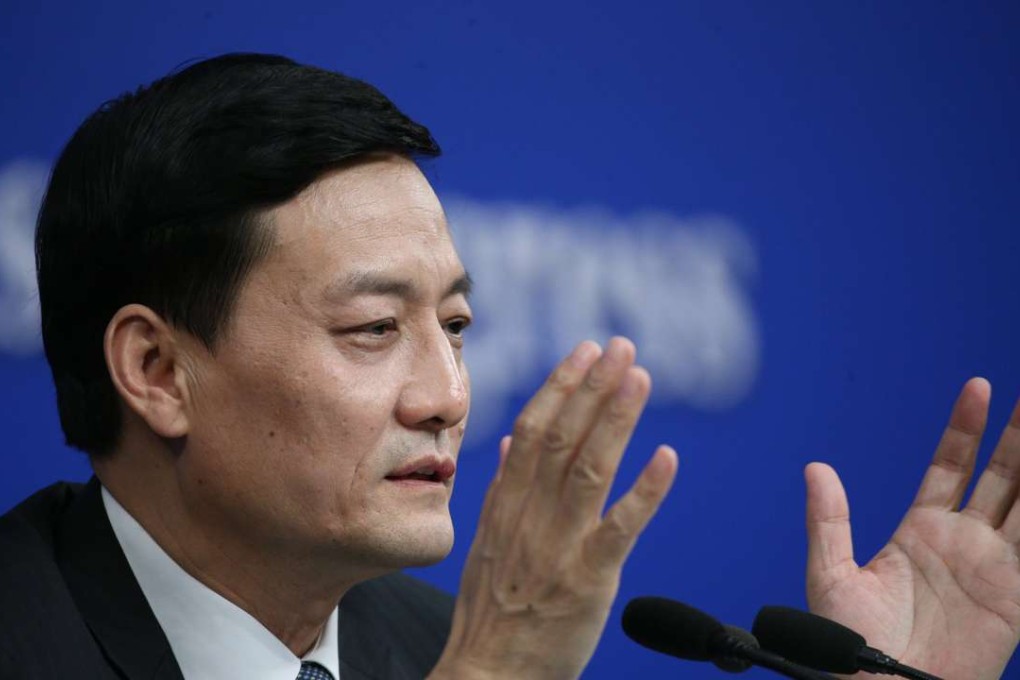China looks for tips from Russia on state economy revamp
Assets chief departs from China’s usual critical line on Moscow’s 1990s privatisation

Russia has “relatively good experience” in reforming its state economy, and China looks forward to sharing its experiences with its giant northern neighbour over the issue, the chief of China’s state-owned assets watchdog said in Beijing on Thursday.
“Russia has relatively good experiences in this respect, and I hope we can have the opportunity for further exchanges,” said Xiao Yaqing, chairman of the State-owned Assets Administration and Supervision Commission (Sasac), which oversees the country’s biggest 102 state industrial giants.
Xiao did not elaborate on what he expected to learn from Moscow, but his comments at the press conference hall of the National People’s Congress departed from China’s usual critical line on Russia’s abrupt privatisation of its state sector in the early 1990s.
Beijing has always maintained that Russia’s decision to relinquish its control of the state economy overnight had disastrous consequences, while China’s gradualist approach has created stability and prosperity.
The central government still regards state-owned enterprises as the backbone of the national economy and President Xi Jinping in particular has argued that the country’s state businesses need to be stronger.
At the same time, the state sector has also been accused of being inefficient and corrupt.